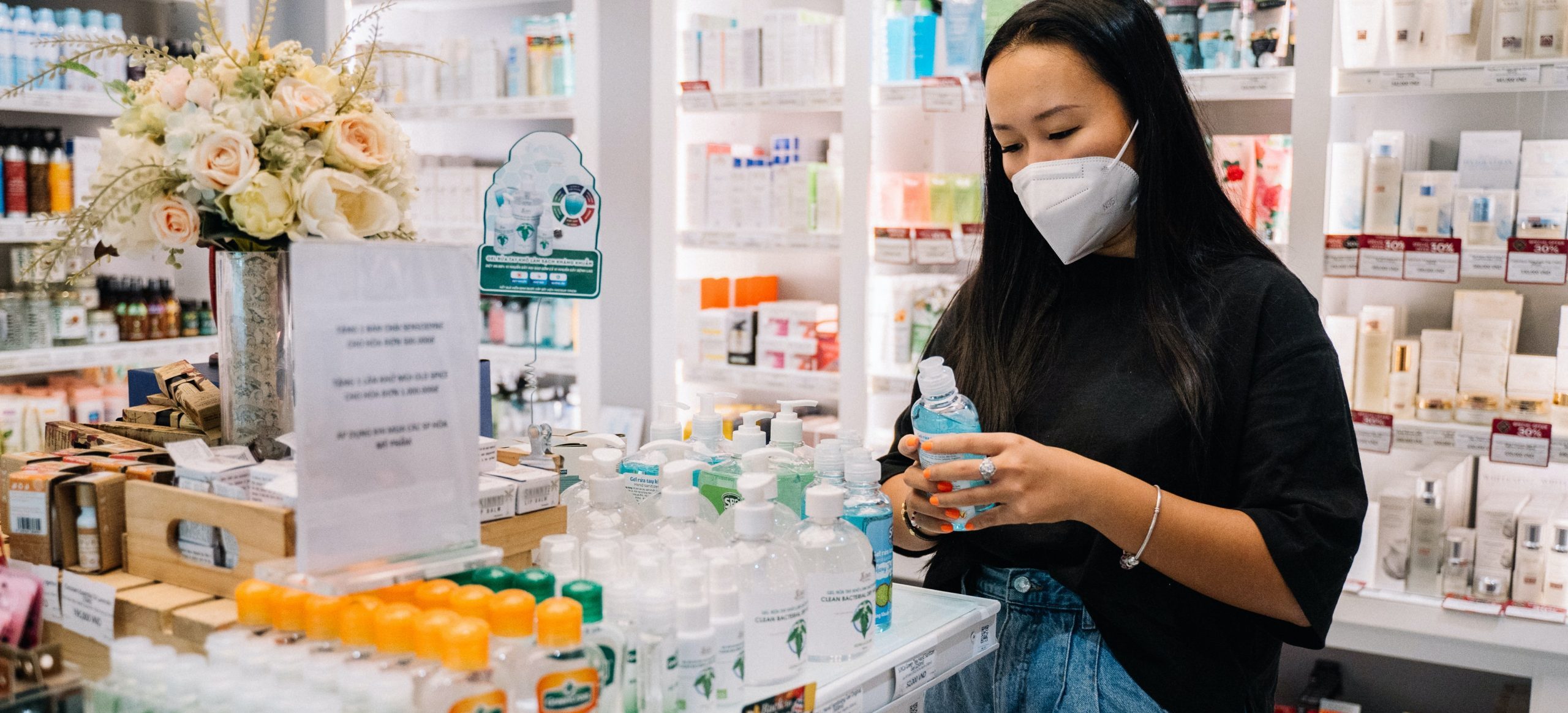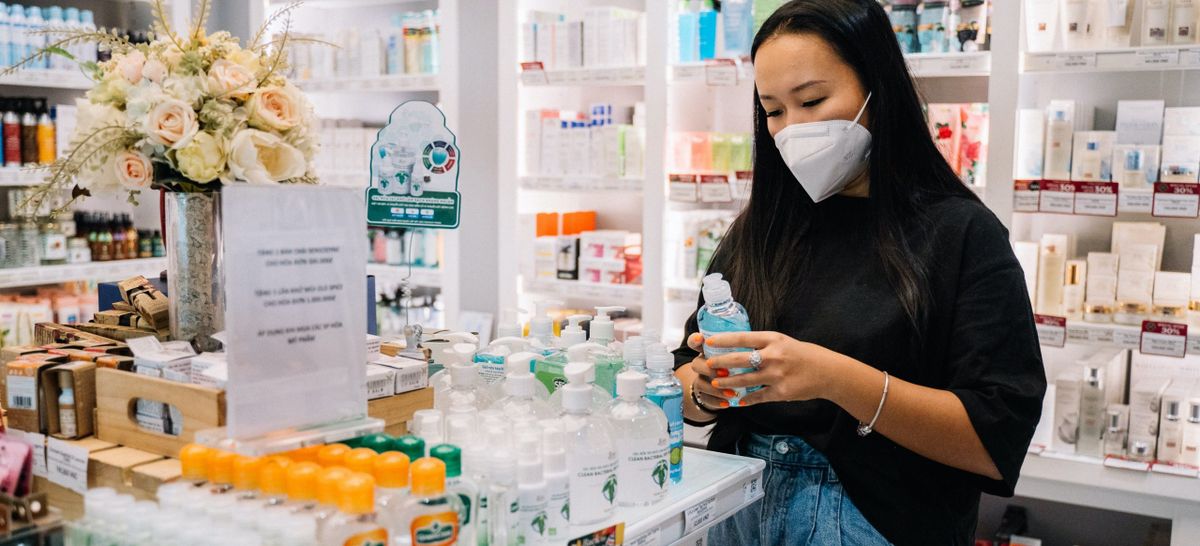
Summary
Medicine shortages are a long-standing issue for Europe, but the pandemic further highlighted Europe’s dependence on global supply chains and its vulnerabilities in accessing essential goods. As a result, approaches to the issue began to change.
The ‘Building strategic independence for the European pharmaceutical industry’ debate on 22 March 2022 considered the challenges in building a robust supply chain for pharmaceuticals, links to wider industrial strategies, and how better-quality information could uncover solutions.
Shortages happen most frequently with both older and cheaper products on the one hand, and more complex and innovative medicines on the other, explained Thyra de Jongh, Principal Consultant at Technopolis Group, who launched the debate with an overview of the latest study of pharmaceutical supply chains in Europe. She added that about half the problems are due to quality issues in manufacturing, although a lack of data hinders efforts to discover where the problems lie.
Looking at the links with wider issues of strategic autonomy, Giacomo Mattinò, Head of Unit for Food, Retail and Health at the European Commission Directorate-General for Internal Market, Industry, Entrepreneurship and SMEs, said: “The challenge is to make a synthesis between public health and industrial policy so they don’t contradict each other. It is important to keep borders open and address the need for free movement of goods.”
The pharmaceutical industry is critically important to the European Union, added Cristian-Silvian Busoi, Chair of the European Parliament’s Committee on Industry, Research and Energy (ITRE). “The industry in Europe is uniquely placed to play a key role in our economic recovery, resilience and future growth, but only if the innovation drivers are in place and if the appropriate financial support accompanies the legislative framework.”
Dramatic increases in demand for medicines during the pandemic was a stress test for the pharmaceutical industry, explained Elke Groote, Head of EU Relations at Novartis. She argued that stockpiling, transport, procurement systems, and the reporting and defining of supply chains should all be examined.
Ruth Lopert, Senior Health Economist at the Organisation for Economic Co-operation and Development (OECD), highlighted that supply issues were long-standing. “We need some global coordination to gauge the extent of the problem,” she said, explaining there were differences in definitions of shortages, as well as in the ways shortages are reported.
Concluding the debate, moderator and Senior Fellow at Friends of Europe, Tamsin Rose noted that the participants consistently pointed to a lack of good quality data which could help identify solutions, that both international and local shortages have been identified – a sign of the complexity of the issue, and that there were open questions about procurement models and how to maintain Europe’s position as an industrial leader.
About
The COVID-19 pandemic demonstrated both the extent of our economies’ reliance on global supply chains – not least in the supply of medicines, as well as the importance of exchange of knowledge and goods. This has led many European countries to call for ‘strategic autonomy’ to boost the continent’s resilience towards external shocks. Based on its well-established single market regulatory frameworks, the European Union has re-focused investments towards the goal of strategic autonomy and has announced legislative proposals to this end in 2022.
The vulnerability of medical supply chains is an issue which predates the pandemic, but it is now high on the EU agenda. The human impact of instability in pharmaceutical supply is clear. Reinforcing supply chains also means improving the strength, reliability, and durability of European markets to be better prepared for future crises and robust economic development.
The Commission adopted a new pharma strategy for Europe in November 2020. The objectives are making our supply chains crisis-resilient, secure, and sustainable; reinforcing the role of the EU as a global leader; and ensuring the access to affordable medicines for patients. The new European Health Emergency Preparedness and Response Authority (HERA) will soon start addressing supply chain issues and ‘ever warm’ manufacturing facilities.
More recently, since the invasion of Ukraine, we have seen further moves to secure supplies for essential goods. The Versailles declaration, signed on 11/03/2022 outlines Europe’s plans to bolster defence capabilities, reduce energy dependencies, and build a more robust economic base. This includes a commitment to ‘supporting innovation and sustainable European production of affordable medicines.’
Related content
- “Omicron underlines the need for global pandemic preparedness” by Giles Merritt
- HERA and the EU’s disease and biothreat preparedness by Dr. Steven Chatfield
- The EU must open its ‘next pandemic’ plans to public debate by Giles Merritt
- “Global supply chains: why are they no longer working?” by Jamie Shea
Our events include photos, audio and video recording that we might use for promotional purposes. By registering, you give your permission to use your image. Should you have any questions, please contact us.
PHOTO CREDIT: Anna Tarazevich/Pexels
Schedule
Questions include:
- The pandemic exacerbated existing problems of shortages of medical supplies and medicines in Europe. How do member states want the EU to address this issue?
- How will the recent EU pharma strategy foster resilience in supply chains?
- Does industry have a responsibility and role in ensuring sustainable supply chains? How can authorities incentivise this?
- Europe is part of the global picture of trade. How does greater strategic autonomy for pharmaceutical supply chains in Europe affect the global landscape?
Speakers
Elke Groote
Head of EU Relations at Novartis
Cristian-Silviu Bușoi
Chair of the European Parliament Committee on Industry, Research and Energy (ITRE)
Thyra de Jongh
Principal Consultant, Technopolis group
Ruth Lopert
Senior health economist at the Organisation for Economic Co-operation and Development (OECD)
Giacomo Mattinò
Head of Unit for Food, Retail, and Health, European Commission Directorate General for Internal Market, Industry, Entrepreneurship, and SMEs
Speakers

Head of EU Relations at Novartis
In her current position, Elke Groote leads the representation of the Novartis Group towards EU institutions and other stakeholders in Brussels. Most recently, Groote was the senior director of public affairs in Europe at Novartis Corporate Affairs in Basel, responsible for strategic political projects and capability building in Europe and providing public affairs expertise to country affiliates in western and central eastern Europe, as well as the Nordics. Prior to joining Novartis, Groote held several leadership positions in market access, pharmaceutical affairs, business development and public affairs at Sandoz Belgium and Europe. Groote is an industrial pharmacist and previously worked as a quality assessor at the Belgian medicines’ agency and as director of pharmaceutical policy at Medicines for Europe.
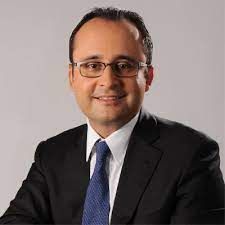
Chair of the European Parliament Committee on Industry, Research and Energy (ITRE)
Cristian-Silviu Buşoi is a Romanian diplomat and politician, who has served as a Member of the European Parliament for nearly 15 years and currently chairs the ITRE Committee. He is a former member of the Committee on Internal Market and Consumer Protection, in which capacity he was the rapporteur on the reform of the European Single Market. Buşoi briefly served as the president of the Romanian National Health Insurance Agency. He is also a former member of the Romanian parliament, where he sat on the Committee for Health and Family.

Principal Consultant, Technopolis group

Senior health economist at the Organisation for Economic Co-operation and Development (OECD)
Ruth Lopert is a public health physician and pharmaco-economist and currently leads the OECD’s work on pharmaceuticals and medical devices. She is also a chercheur associé principal at the University of Strasbourg and an adjunct professor in the Department of Health Policy & Management at George Washington University in Washington. From 2008-2011, she was the chief medical officer in the FDA’s Australian counterpart, the Therapeutic Goods Administration, and prior to that established and directed the pharmaceutical policy unit in the Australian Department of Health.
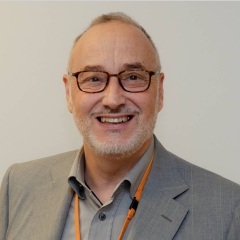
Head of Unit for Food, Retail, and Health, European Commission Directorate General for Internal Market, Industry, Entrepreneurship, and SMEs
Partners
Activities
Europe's moment: advancing clinical research and health innovation
Next event In person & online

- Area of Expertise
- Sustainable Livelihoods
Re-imagining Europe's health systems
Past event In person & livestreamed
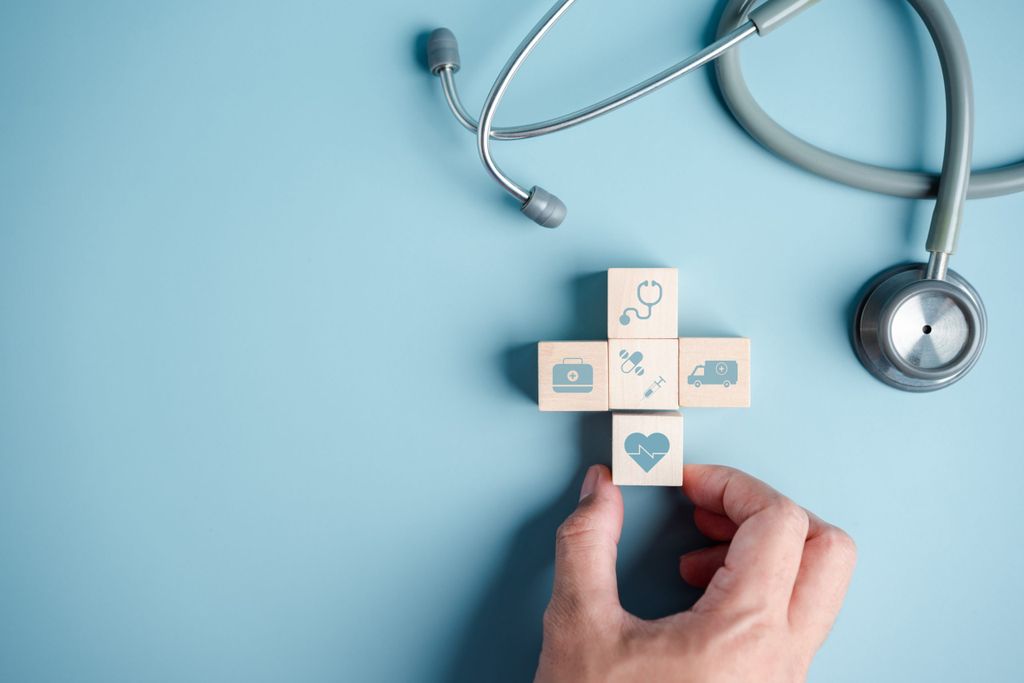
- Area of Expertise
- Sustainable Livelihoods
Health check for a competitive medical technology sector in Europe
Past event In person

- Area of Expertise
- Sustainable Livelihoods
Healthy ageing for Europe's future: the value of adult immunisation
Past event In person & livestreamed
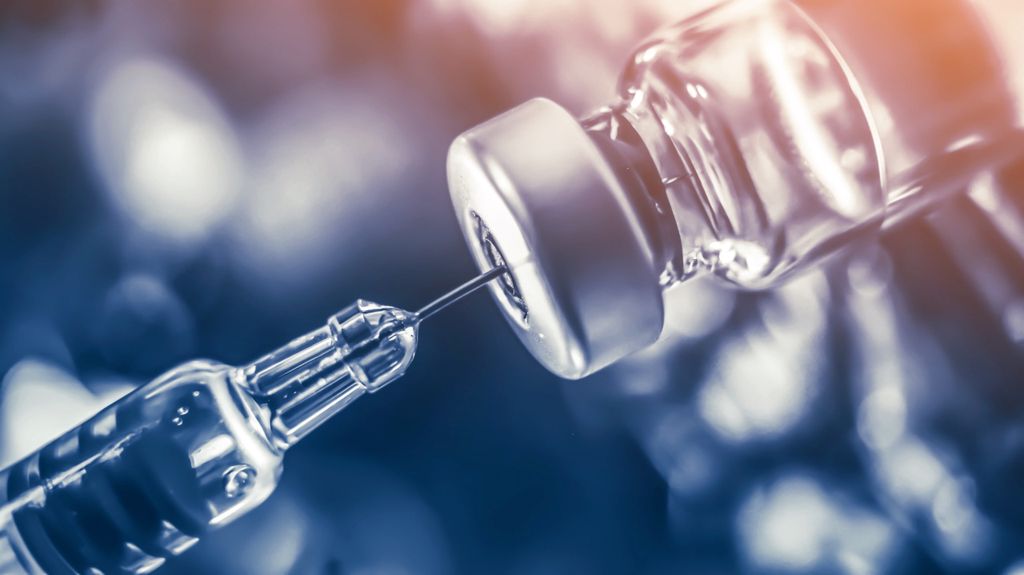
- Area of Expertise
- Sustainable Livelihoods
Policy Voices | Re-imagining Europe’s health systems
- Category
- Podcast
- Area of Expertise
- Sustainable Livelihoods
Financing the green and just transition: towards further partnerships…
- Category
- #CriticalThinking
- Author
- By Sebastián Nieto-Parra
Reclaiming medicines and health innovation for our health
- Category
- #CriticalThinking
- Author
- By Els Torreele
Hidden biases in public health research: why we are failing our most…
- Category
- #CriticalThinking
- Author
- By Marthe De Boevre

- Area of Expertise
- Sustainable Livelihoods
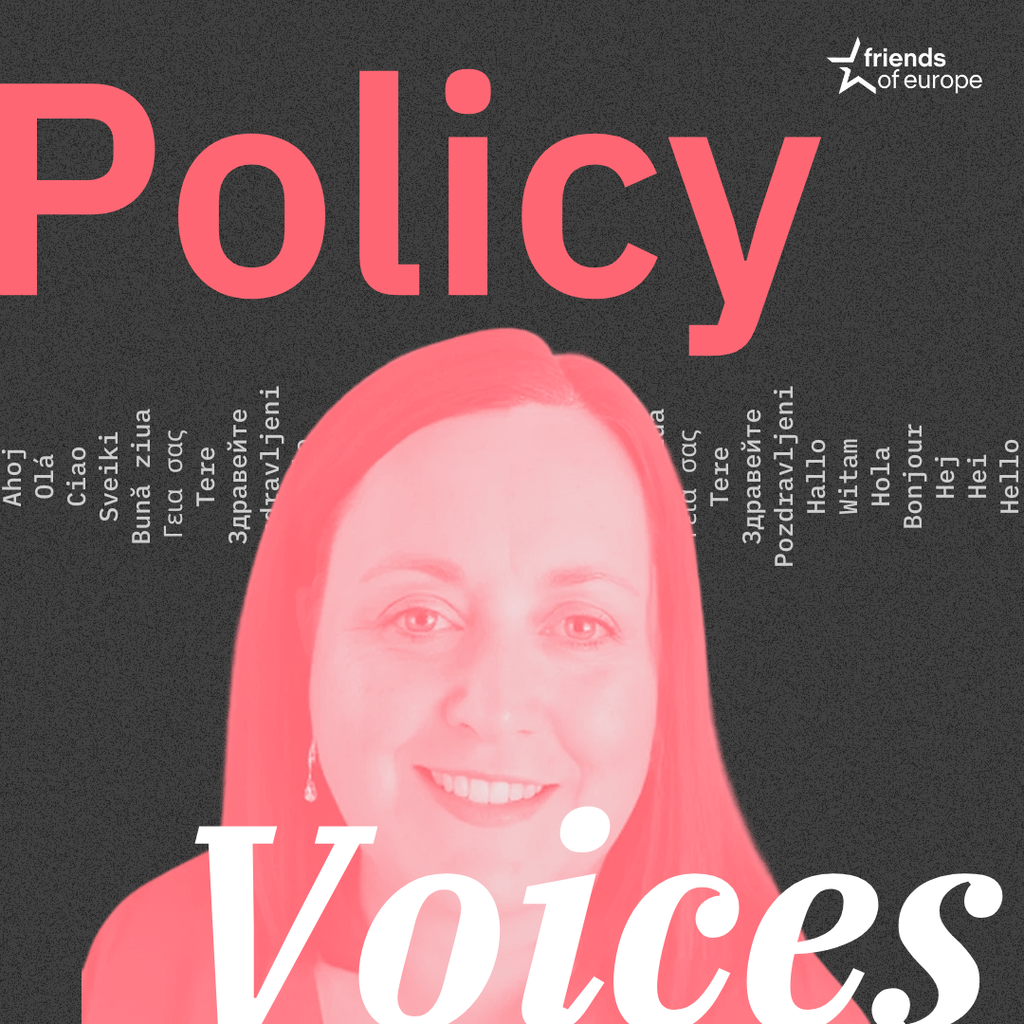
- Area of Expertise
- Sustainable Livelihoods

- Area of Expertise
- Sustainable Livelihoods
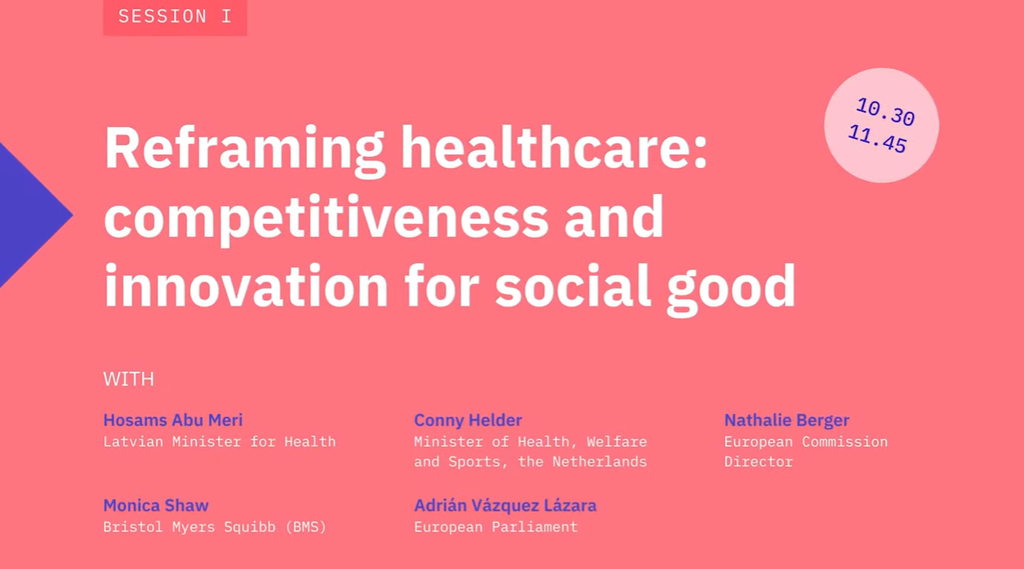
- Area of Expertise
- Sustainable Livelihoods
Continue
the debate on
- Debating Europe
